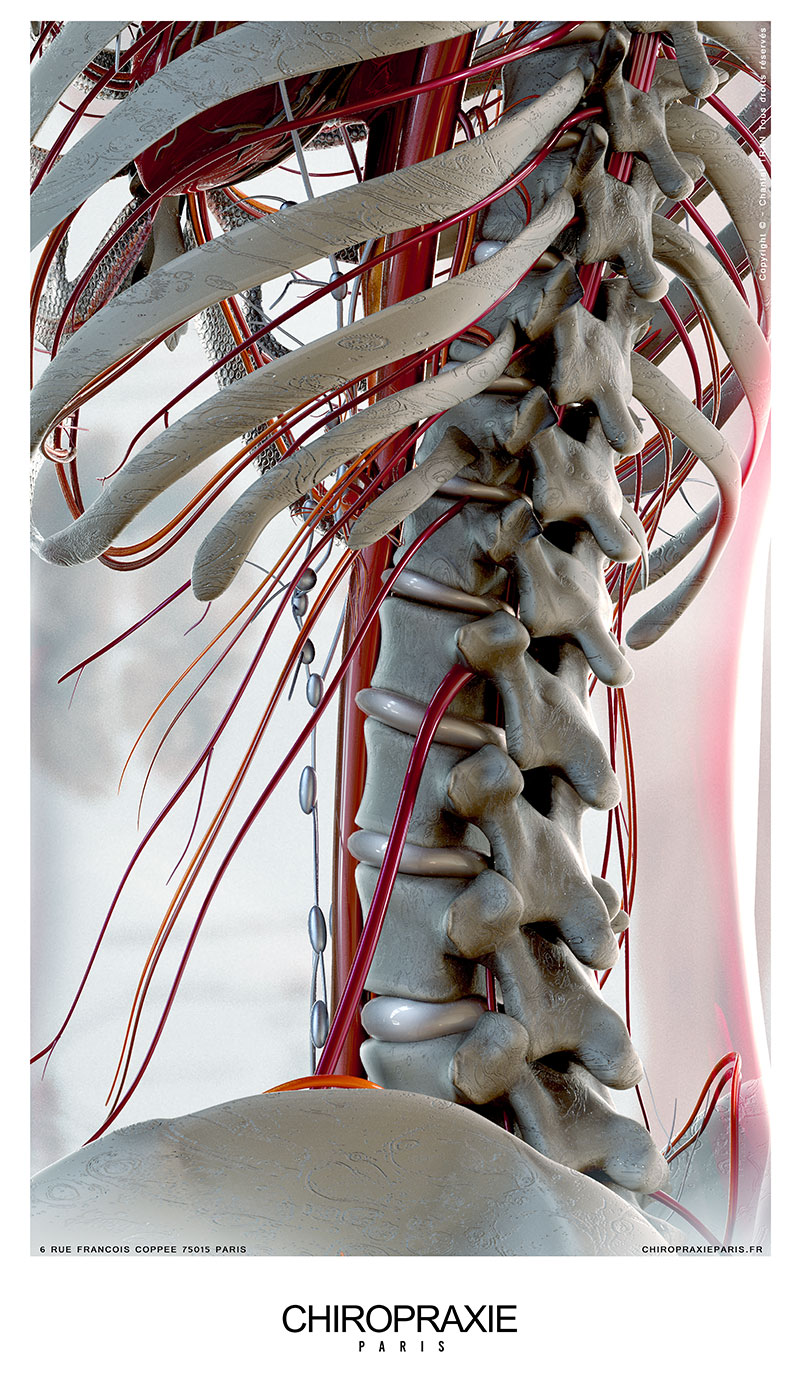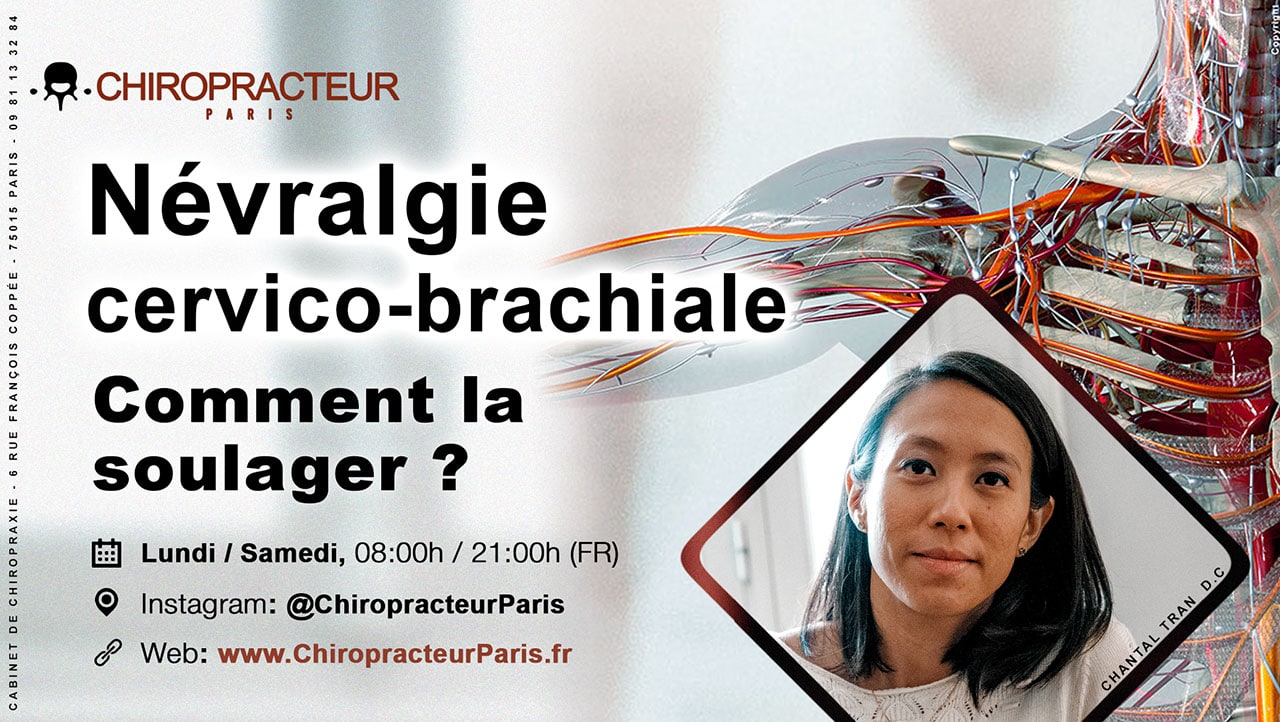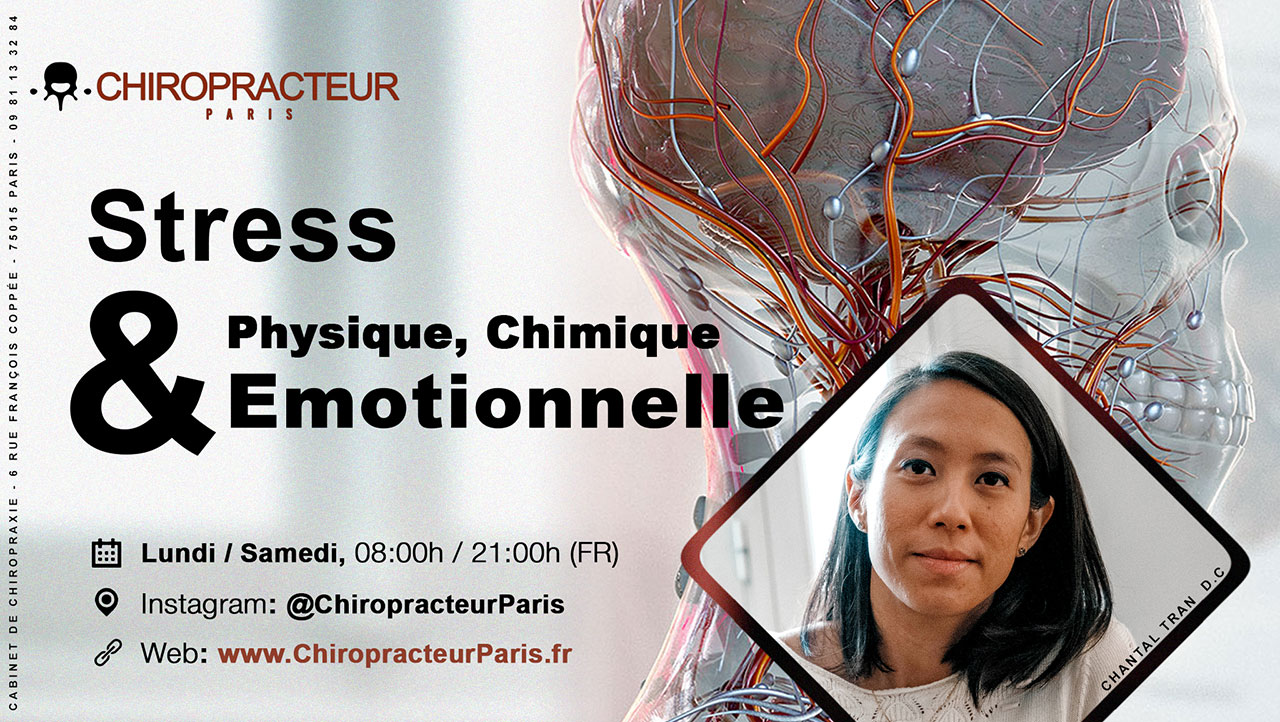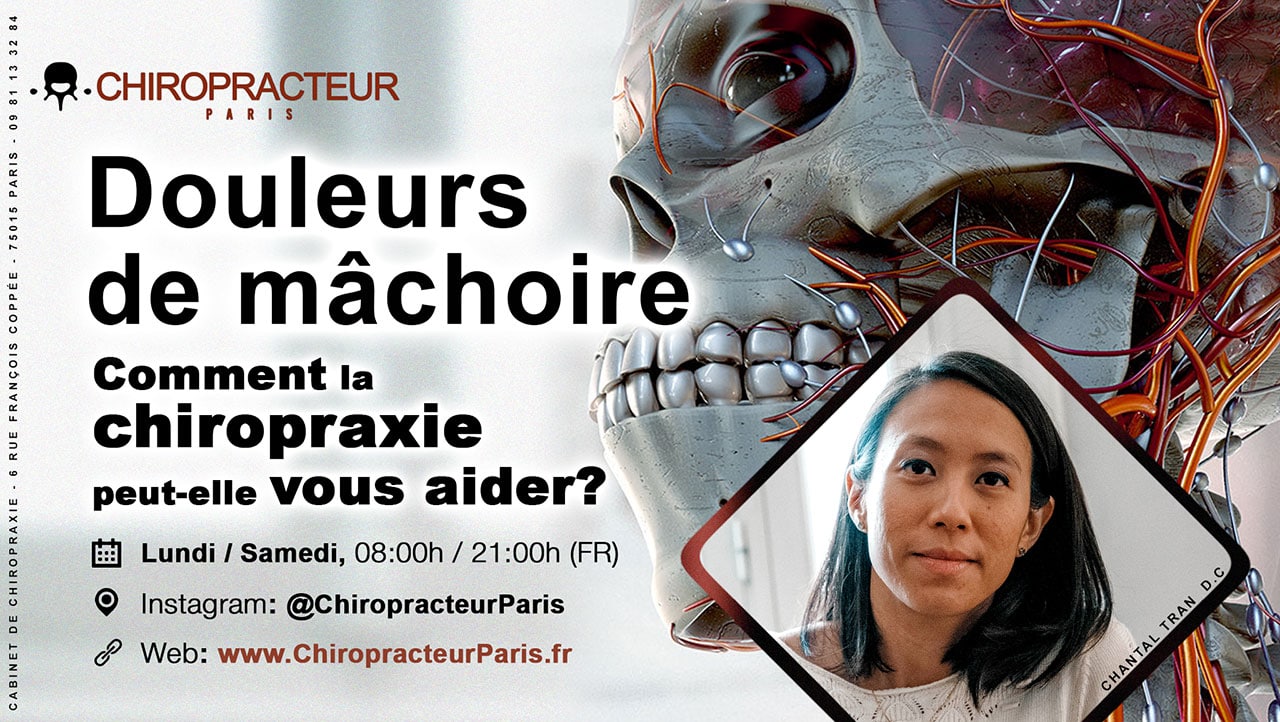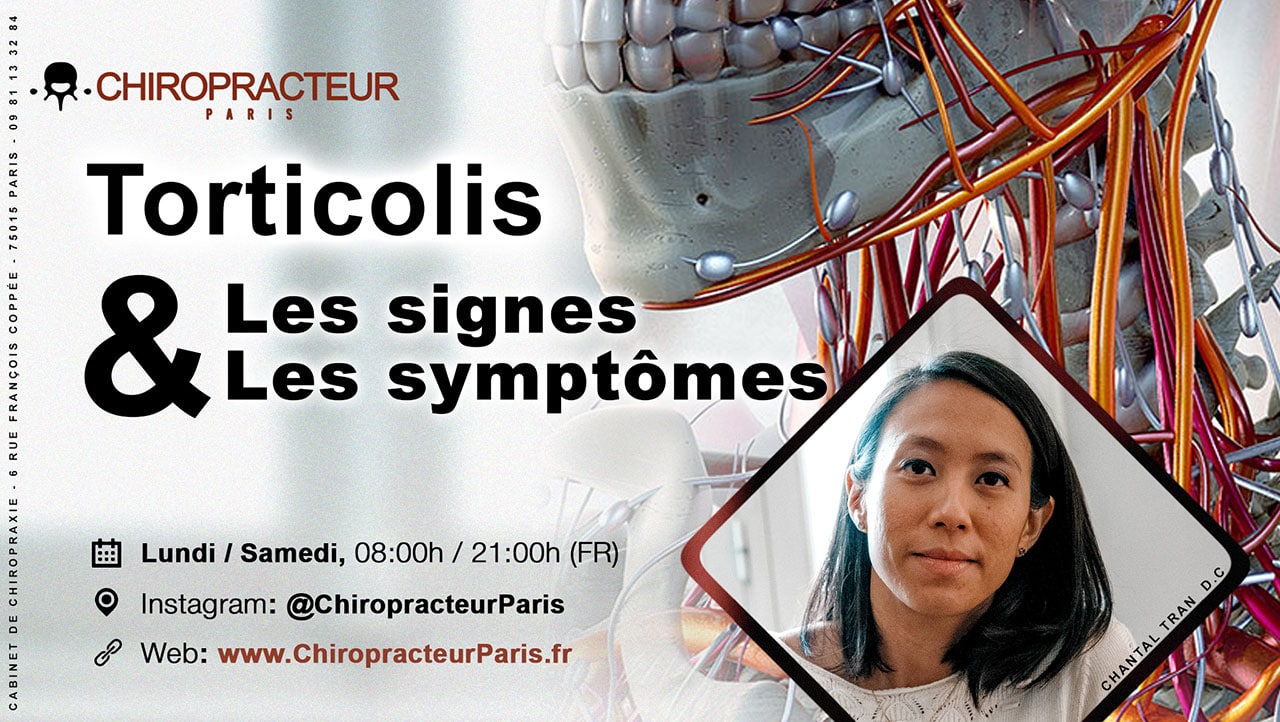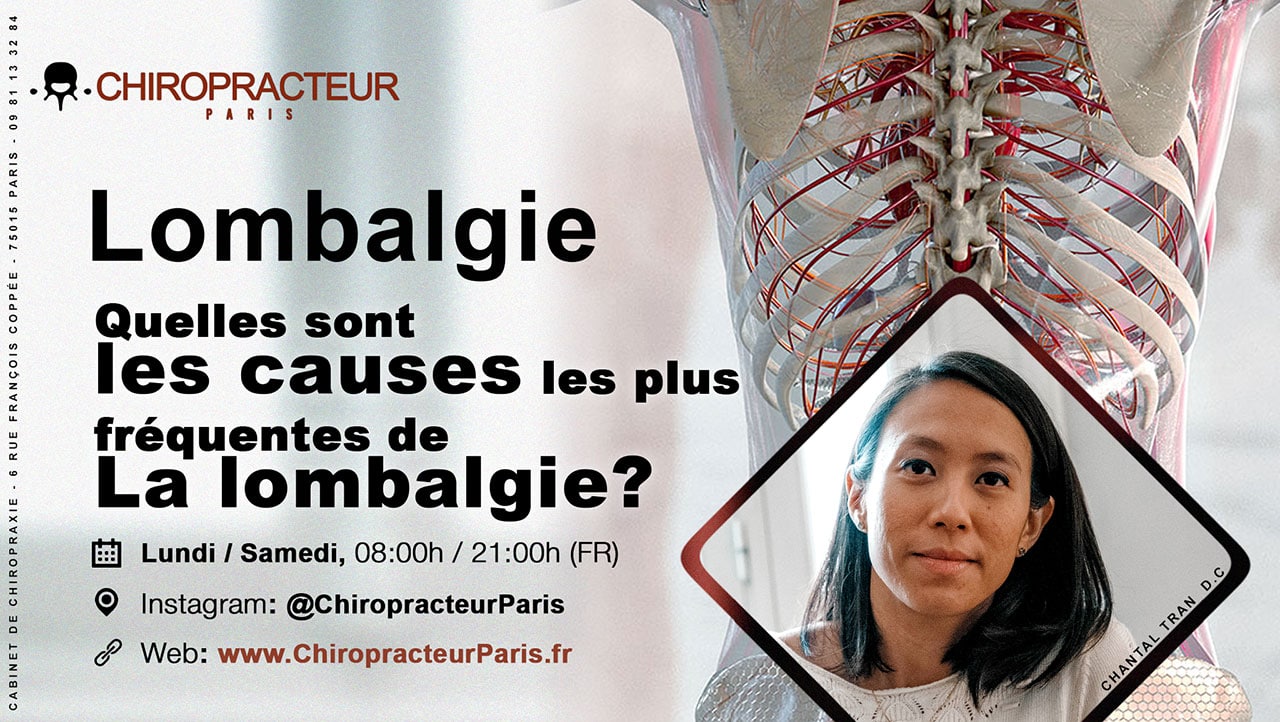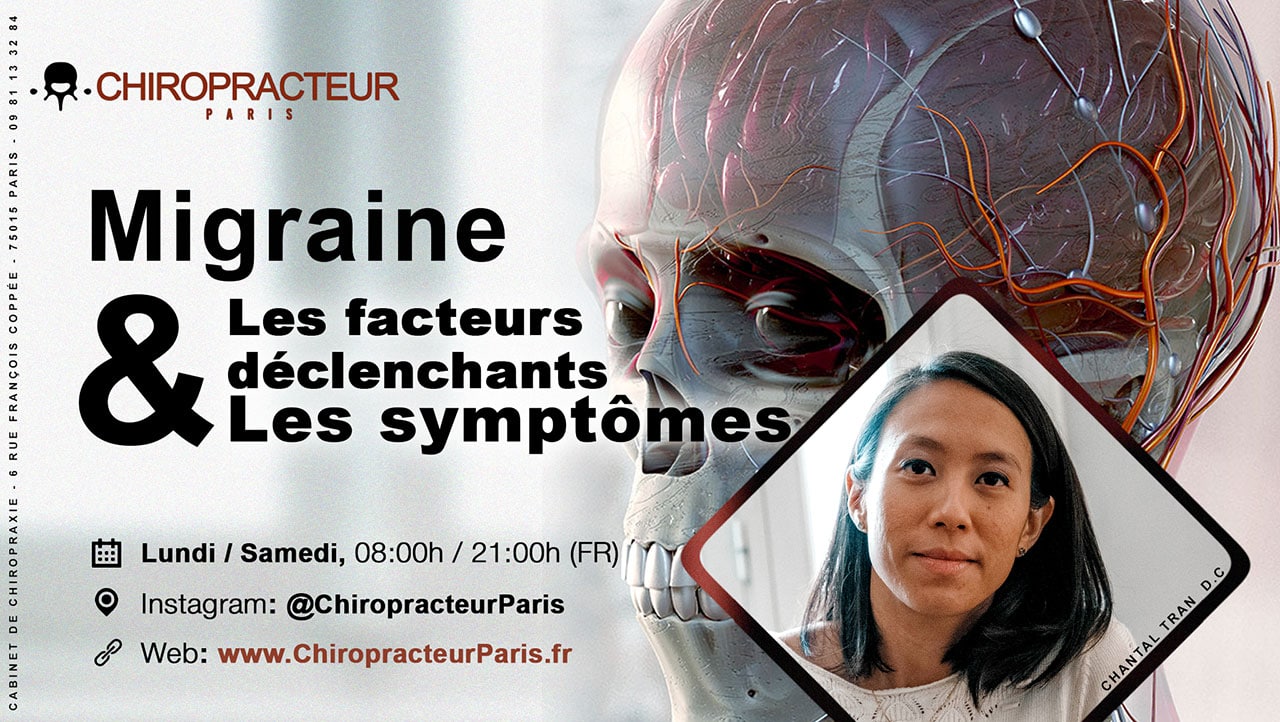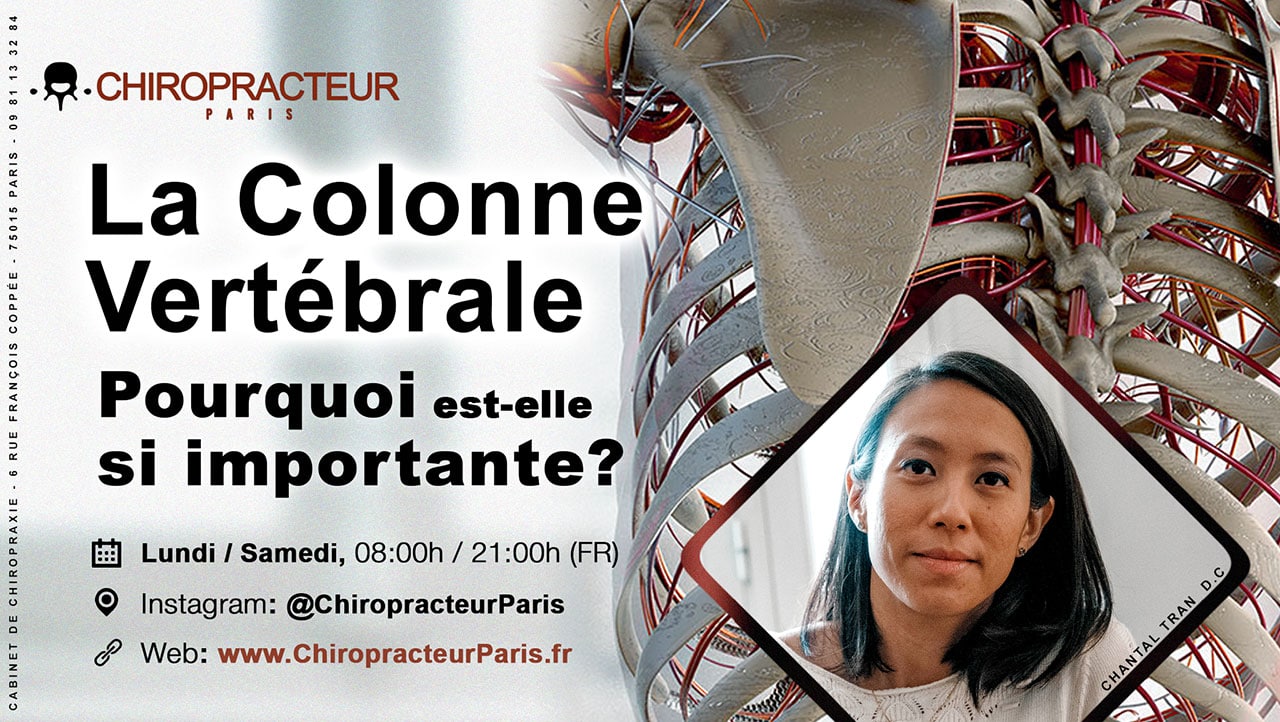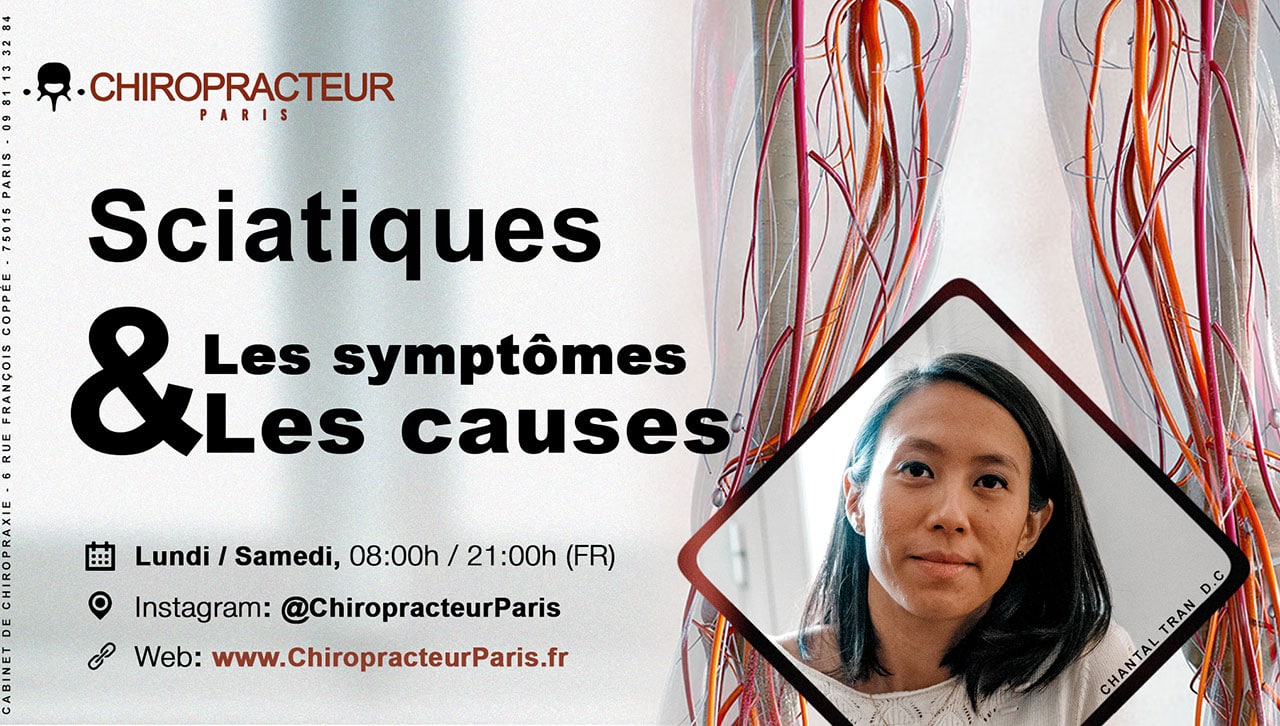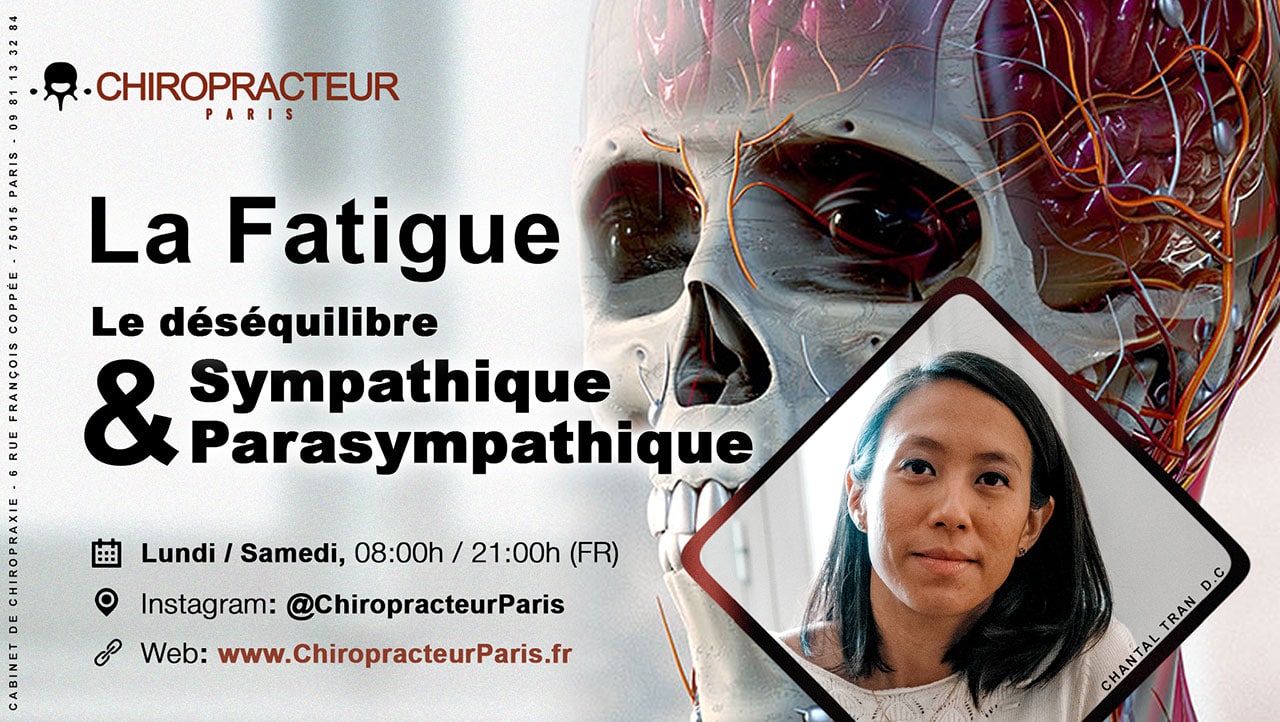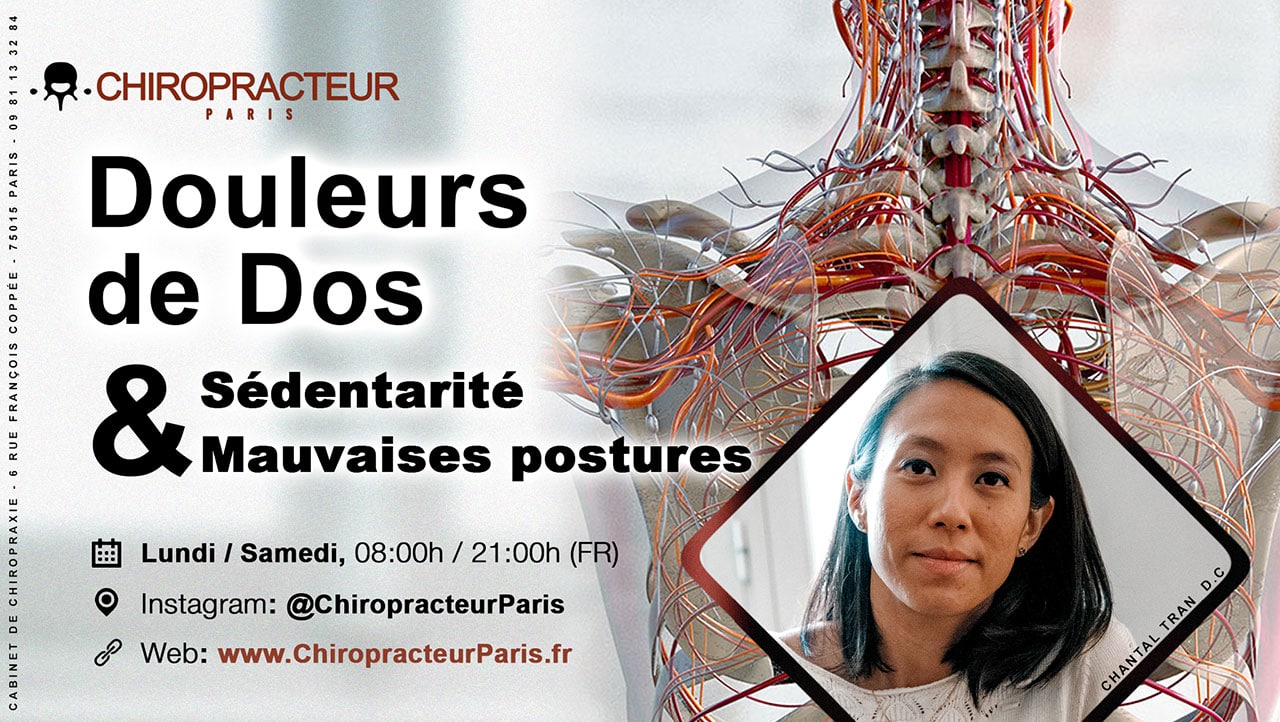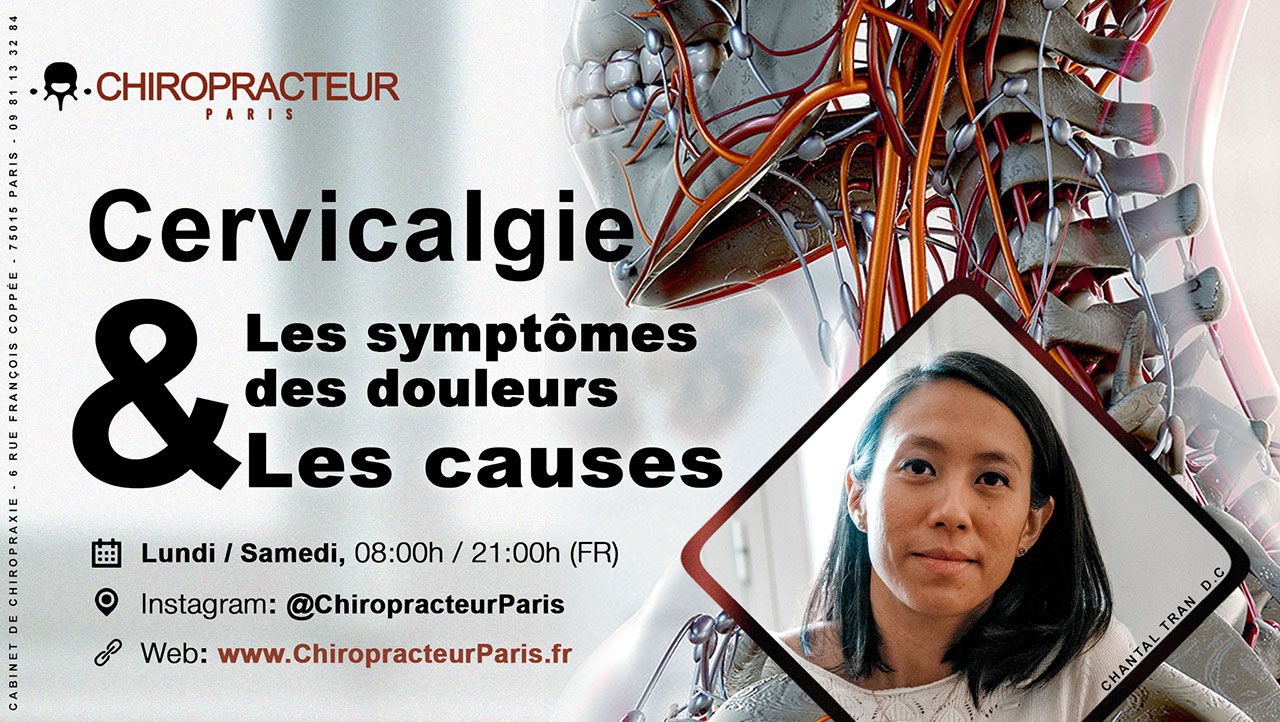Herniated disc
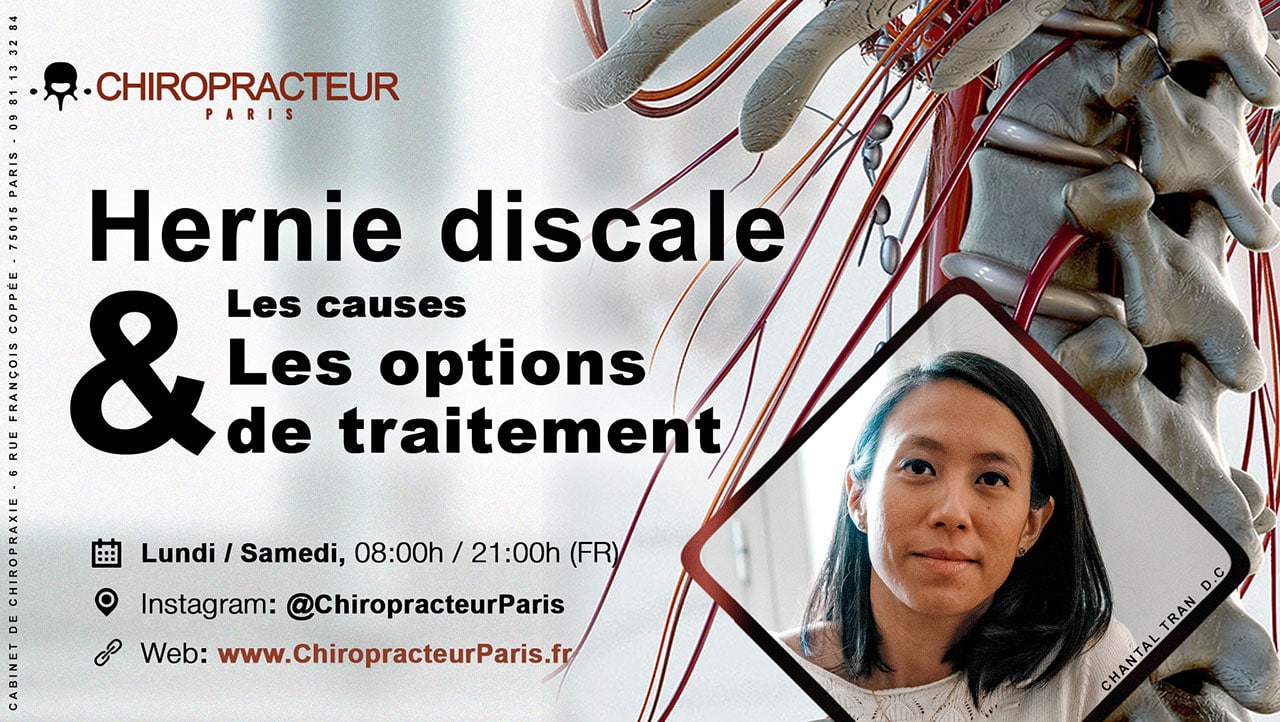
Herniated discs are a common cause of acute and chronic pain and disability. They can occur in anyone, at any age.
A herniated disc usually causes neck and back pain, sometimes severe, as well as numbness or weakness in the arms or legs on one side of the body. You may also have difficulty walking with a limp because of muscle weakness.
Herniated discs can also occur in the neck region of the spine. Although not as common as in the lumbar regions, they can cause significant pain and decreased ability.
Symptoms of a herniated cervical disc include neck pain, arm pain, tingling or numbness in the arm, hand or fingers, headaches and weakness in the arms.
What is a herniated disc and how does it occur?
A herniated disc is an injury to the intervertebral disc between the vertebrae in your spine. It can cause pain, numbness, tingling and weakness in the back, arms or legs. A person is more likely to suffer a herniated disc after a wrong movement, trauma, intense physical activity, an accident, repetitive straining or degenerative aging of the disc.
If you experience any of these symptoms, it is important to consult a health care professional.
What are the causes?
The root cause of a herniated disc is not always clear, but there are several factors that can contribute to their development, including
- The age
- Trauma or injury to the spine
- Obesity
- Carrying heavy loads
- Repeated twisting of the spine
- Sedentary lifestyle
What are the treatment options?
There are a number of treatment options for herniated discs, depending on the severity of the condition and the symptoms. Treatment options may include
- The rest
- Ice or cold compresses
- Chiropractic
- Physiotherapy
- Medications, such as painkillers or anti-inflammatories
- Surgery
- Infiltration
For most people, non-surgical treatment options provide relief from symptoms and restore function. However, for some people who suffer significant pain and disability, surgery may be the best option.
If you have any of the symptoms of a herniated disc, it is important to see your chiropractor for evaluation and management. Early postural assessment and chiropractic care can help reduce the risk of long-term problems.
How many types of herniated discs are there?
There are three types of herniated discs:
- protrusive disc herniations - the disc material is still in the disc and there is no root compression.
- Exclusive disc hernias - the disc material has ruptured or herniated out of the intervertebral disc and is putting pressure on the nerve roots.
- Herniated discs with protrusion - in the case of a single rupture, only a fragment of the disc escapes from its position and compresses a nerve root or not
Which position to relieve a herniated lumbar disc?
There are a few positions that can be used to relieve the pain caused by a herniated lumbar disc:
Daytime:
Limiting the sedentary lifestyle will always be the most beneficial.
Stretching the square muscles of the lumbar, gluteal and psoas to relieve the lumbar region.
Rehabilitation of the back with a specific strengthening of the muscles that support the abdominal belt.
You can also lie down and place a heating pad on your back. Another position is to lie on the floor and place one foot flat on the wall while keeping the other leg straight. The person can also sit in a chair with good lumbar support and keep the feet flat on the floor.
At night:
You should be careful about the positions you put yourself in to sleep. It is best to sleep on your side with a pillow between your knees for a few days to relieve the back. This will give the disc time to heal and reduce the chance of pain and discomfort from other sleeping positions.
How to treat a herniated disc?
There are several ways to treat a herniated disc. One way is to consult a chiropractor to develop a treatment plan. This may include physical exercises and other advice specific to the problem. Another solution is to avoid bending and lifting heavy objects. If you must, do so slowly and carefully. It is also important to sleep in a position that does not aggravate the pain.
The difference between acute and chronic pain due to a herniated disc.
Acute pain lasts less than 3 months, it can be relieved by rest and painkillers, while chronic pain lasts more than 3 months, it is more difficult to recover from acute pain.
Can I treat or heal my herniated discs without surgery?
Technically, you cannot "cure" a herniated disc. But depending on your symptoms, you may be able to treat the pain with rest, rehabilitation, chiropractic sessions or some pain medication for a while, or an infiltration and the symptoms will eventually disappear.
What is the best way to avoid a herniated disc?
The best way to avoid a herniated disc is to maintain a healthy lifestyle by taking care of your body and avoiding strenuous activity. Be sure to consult your doctor or chiropractor before undertaking any strenuous activity or exercise.
What is the disability rate for a herniated disc?
The level of disability from a herniated disc varies depending on the severity of the pain and the neurological problems it causes. With less severe pain, the person can continue normal daily activities for most of the day. With more severe pain, normal daily activities may need to be modified or pain medication may be required.
Herniated discs are a common cause of back pain.
There are many treatment options for herniated discs, so to know what is best for you, you can weigh the benefits and risks of each option.
We recommend that you consult a chiropractor, their expertise in the treatment of herniated discs allows them to develop a personalized care plan adapted to your needs. You can also try physiotherapy, sports, infiltration, certain painkillers and sometimes surgery to treat a herniated disc.
Pain relief, return to work date.
Some things to keep in mind when choosing treatment options for a herniated disc
- What is best for you?
- Cost of care
- Pain relief
- Recovery time.
How to live with a herniated disc?
There are many ways to live with a herniated disc. One way is to see a chiropractor to develop a care plan that ranges from treatment to prevention. This may include physical exercises and other advice.
How to treat a herniated disc - chiropractic care, physical therapy, medications and surgery
A herniated disc occurs when the tough outer layer of the spine begins to wear out due to age or too much pressure from carrying heavy loads. In high pressure situations, this can lead to a rupture or sprain of the disc, which will cause pain and tightness in the back radiating into the arms or legs.
Why should I see a chiropractor for my health problem?
A chiropractor can help you treat a herniated disc because he or she is able to design a personalized care plan tailored to your needs. The chiropractor can also help you find treatment for other health problems caused by the herniated disc, such as digestive problems or headaches.
How do you know if you need chiropractic care for your herniated discs?
If you are experiencing severe back pain, numbness and tingling in your legs, or weakness in your arms and legs, it is likely that you need chiropractic care. You should also see a chiropractor if you have had a herniated disc for more than six weeks and the pain has not subsided.
What should you bring to your first office visit?
At your first visit to the office, you should bring any medical records or x-rays you may have. You should also inform the chiropractor of your medical history and any other health problems you may have.
What are the benefits of chiropractic for people with herniated discs?
- Better range of motion: Chiropractic adjustments help restore range of motion to the spine and increase movement. This can help relieve pressure on the herniated disc.
- Reduction of nerve compression: Chiropractic adjustments help relieve pressure on nerve roots, which can help reduce pain and symptoms.
- Posture Improvement: Chiropractic care can improve posture, which can help reduce pressure on the discs
- Less pain
- Improved mobility
Do you have a herniated disc?
Chiropractic care has proven to be a lasting solution for people with herniated discs. It is an effective way to reduce pain and symptoms, improve mobility and range of motion, and ultimately help you get on with your life without fear of these problems returning in the future. If you are looking for relief from chronic back or leg problems related to a herniated disc, talk to one of our chiropractors today!

